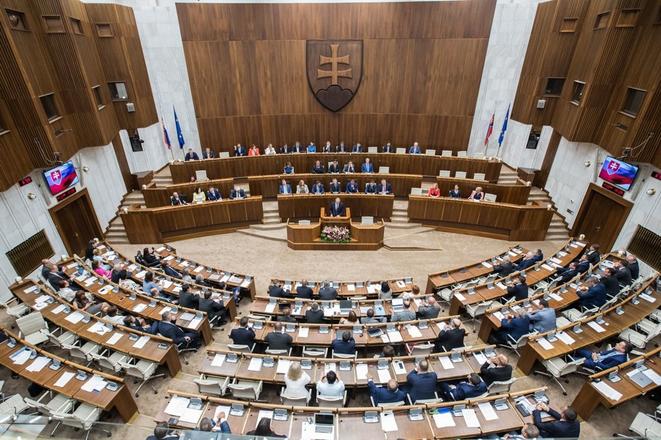To boost tourism in Slovakia, the government introduced what is known as holiday vouchers. Starting this year, every employer with more than 49 employees must contribute tens to hundreds of euros for a vacation spent in Slovakia.
The vouchers, introduced upon the initiative of the junior coalition Slovak National Party (SNS) to aid local tourism, sparked several controversies. One was that the initiative was submitted as a parliamentary proposal by a group of SNS MPs, thus circumventing an interdepartmental review.
It is just one example of how politicians pass unpredictable legislation with a negative impact on the business environment, businesses believe.
“There’s nothing worse for entrepreneurs than dealing with unexpected costs they couldn’t incorporate into the prices of their products or services,” Peter Serina, CEO of the Business Alliance of Slovakia (PAS), told The Slovak Spectator.
The unpredictable legislation harms Slovakia and may even threaten its competitiveness, representatives of businesses agree. In their opinion, the laws should be predictable and transparent, and the politicians who submit them should consider quality over quantity.

MPs proposals pose problems
The clarity, usability and stability of laws, along with bureaucracy, are among the top barriers to doing business in Slovakia, as stems from the recent Business Environment Index survey carried out by PAS.
The European Commission also warns that Slovakia’s business environment is slowly losing ground. Apart from worsening performance in international rankings, European investors point to, among other things, the low legal certainty, as the European Commission wrote in the Country Report Slovakia 2019.
“The lack of predictability and quality of legislation are also a concern for businesses,” the report reads.



 Slovak parliament, illustrative stock photo (source: Sme)
Slovak parliament, illustrative stock photo (source: Sme)